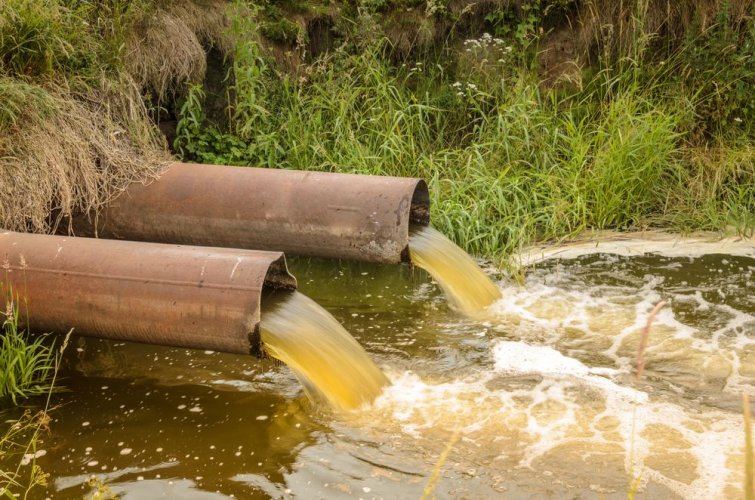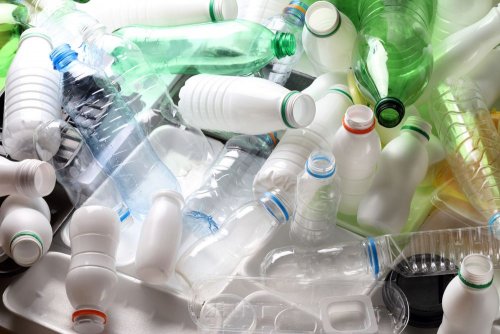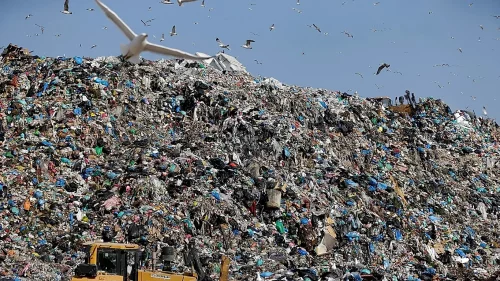On 1 January, the revised Urban Wastewater Treatment Directive comes into force in the European Union, tightening the rules for treatment and ensuring a higher level of protection for the public and the environment.
The announcement was published on the European Commission's website.
The agency recalled that the previous Urban Wastewater Treatment Directive was first adopted in 1991. However, more than 30 years later, it needed to be revised to take into account new sources of urban pollution, as well as new pollutants, including microplastics or micro-pollutants (e.g. pharmaceuticals and cosmetics).
The revised Directive is expected to generate financial benefits of around €6.6 billion per year by 2040. This amount will significantly exceed the estimated costs of its implementation, officials say.
New norms of the EU Directive on urban wastewater treatment
1. Systematic monitoring of microplastics and PFAS (often referred to as ‘everlasting chemicals’) is being introduced, as well as monitoring of public health parameters. This includes monitoring antimicrobial resistance, a growing public health threat, and some viruses, such as SARS-Covid, to detect early signs of an epidemic.
2. In line with the ‘polluter pays’ principle, the new law ensures that the costs of modern treatment will be predominantly covered by the responsible industry, rather than by water tariffs or the state budget. The pharmaceutical and cosmetic industries, whose products generate the most micro-pollutants in wastewater, will be required to pay at least 80% of the cost of their removal.
3. For large cities, Member States will be required to systematically develop integrated stormwater management plans designed to reduce the risk of urban flooding and pollution during heavy rains.
Smaller cities will be forced to do so in cases where stormwater poses a risk. Officials emphasise that these plans should outline specific management actions, and that nature-based solutions should be prioritised.
4. New requirements are introduced for the extraction of valuable components from wastewater and sewage sludge, such as phosphorus, which is a critical raw material in the EU. This allows for further use in sectors such as agriculture.
5. By the end of 2029, Member States should identify vulnerable and marginalised groups, take measures to improve their access to sanitation and promote the establishment of freely accessible, safe and hygienic public sanitation facilities in cities with at least 10,000 inhabitants.
6. The administrative burden on EU Member States is reduced, as they will no longer be required to submit written reports every 2 years, as was the case under the previous directive. The European Environment Agency will create digital databases for them.
The European Commission says that the new rules will push the wastewater sector towards energy and climate neutrality, as well as improve stormwater management in cities. Officials emphasise that this will become increasingly important given the increase in stormwater precipitation due to climate change.
As EcoPolitic previously reported, Ukraine received 3 mobile laboratories for water quality control from Korea. They will operate in areas where active hostilities are taking place.





